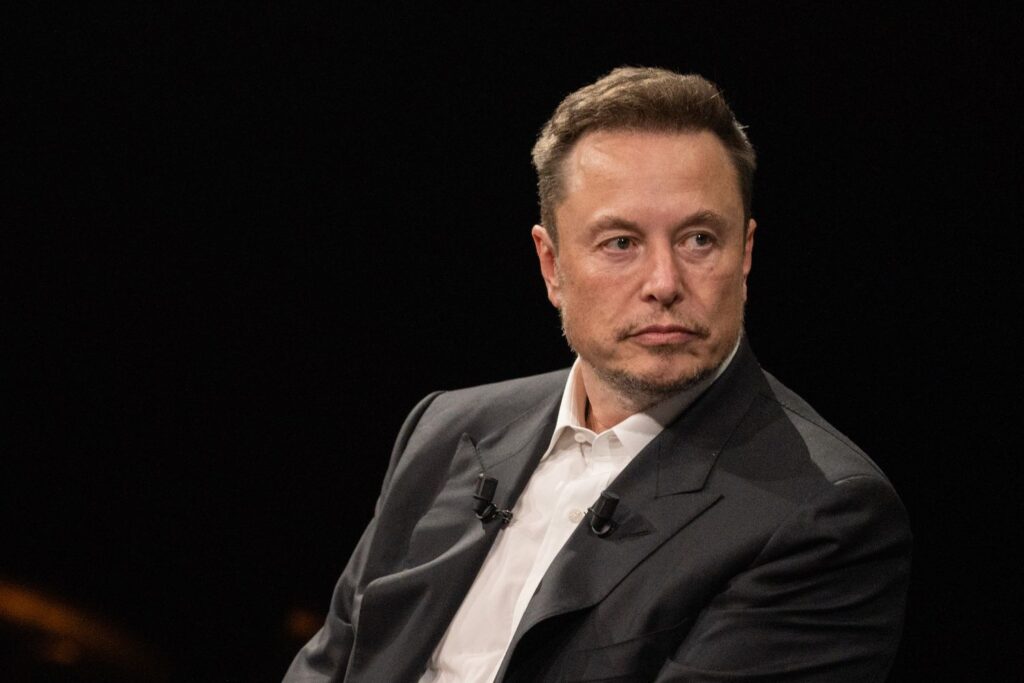Former President Donald Trump and Special Counsel Jack Smith are clashing over the timeline for the election subversion case in Washington, DC, as detailed in a status report filed late Friday.
Neither side is pushing for a trial before the November presidential election or even before the end of the year. Smith has not proposed specific dates for the next steps in the case, while Trump has suggested a timeline for pre-trial disputes that could extend into early 2025. Trump’s proposed schedule indicates that resolving “additional proceedings, if necessary,” might take until fall 2025.
The Friday filing sets the stage for a potentially heated hearing next week at DC’s federal courthouse, where Judge Tanya Chutkan will decide how the case will move forward. This will be the first hearing following the Supreme Court’s landmark decision granting Trump some immunity in the election subversion case.
Additionally, the filing comes shortly after Special Counsel Smith adjusted his indictment to align with the Supreme Court’s conservative majority ruling from this summer.

Trump Aims to Challenge Smith’s Appointment Before Immunity Issues
In the latest filing from Friday, Trump and Special Counsel Jack Smith are at odds over the sequence of legal proceedings and whether certain issues can be addressed simultaneously.
Smith wants Judge Tanya Chutkan to first address questions raised by the Supreme Court’s recent ruling on presidential immunity but believes this can be done alongside resolving other pre-trial issues Trump plans to raise.
Trump, however, insists that the legality of Smith’s appointment should be resolved before moving on to the immunity dispute. He also plans to request the dismissal of the case, arguing that the grand jury which approved the superseding indictment considered “immunized evidence” that should not have been included, specifically actions protected by the Supreme Court’s ruling.
Trump’s legal team has previewed additional potential challenges to the charges, suggesting that each issue requires separate and specific handling, which could prolong the case. They are considering a challenge related to Smith’s use of allegations involving Vice President Pence and might also contest the case based on the Supreme Court’s recent ruling that limited obstruction charges related to the January 6 Capitol riot.
Trump’s attorneys argue that thoroughly addressing these motions will require significant time and resources. Their proposed schedule aims to balance a thorough review with moving the case forward as efficiently as possible.
Disagreement on Immunity Resolution Process
A major point of contention is how the court should address whether presidential immunity applies to aspects of the superseding indictment. Prosecutors want to start with an opening brief on why the indictment aligns with the Supreme Court’s immunity ruling, followed by Trump’s response and a rebuttal from the prosecution. They have indicated their readiness to file this brief as soon as Judge Chutkan sets a date.
Trump, however, opposes this plan. He prefers to submit the initial brief challenging the indictment on immunity grounds and argues for additional discovery from the government to support his case. His proposed timeline includes an extended period for resolving any disputes over immunity-related records, potentially delaying resolution until late January at the earliest.
Adjustments Following Immunity Ruling
Before issuing the superseding indictment on Wednesday, prosecutors spent eight weeks reassessing the evidence and allegations in light of the Supreme Court’s immunity ruling. This review led to the removal of claims related to Trump’s efforts to use the Justice Department for his 2020 election reversal and evidence from conversations with presidential advisers.
Despite these adjustments, Smith’s team has retained all four original charges, including conspiracy and obstruction, to which Trump has previously pleaded not guilty.
Trump’s strategy in all his criminal cases has focused on delay, accusing prosecutors of interfering with the 2024 election. He has denounced the superseding indictment as a “direct assault on Democracy!” on Truth Social.
Justice Department policy generally discourages major public investigative actions within 60 days of an election, which starts next week. However, this policy is not a strict rule and does not apply to cases that are already charged, as noted in the classified documents case filed in Florida, another case brought against Trump by Smith.



